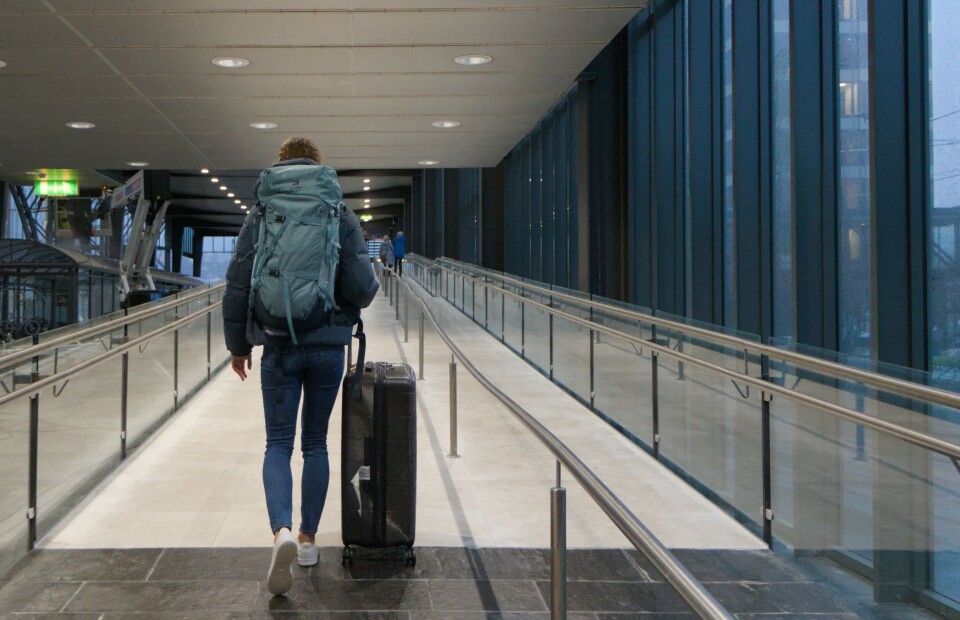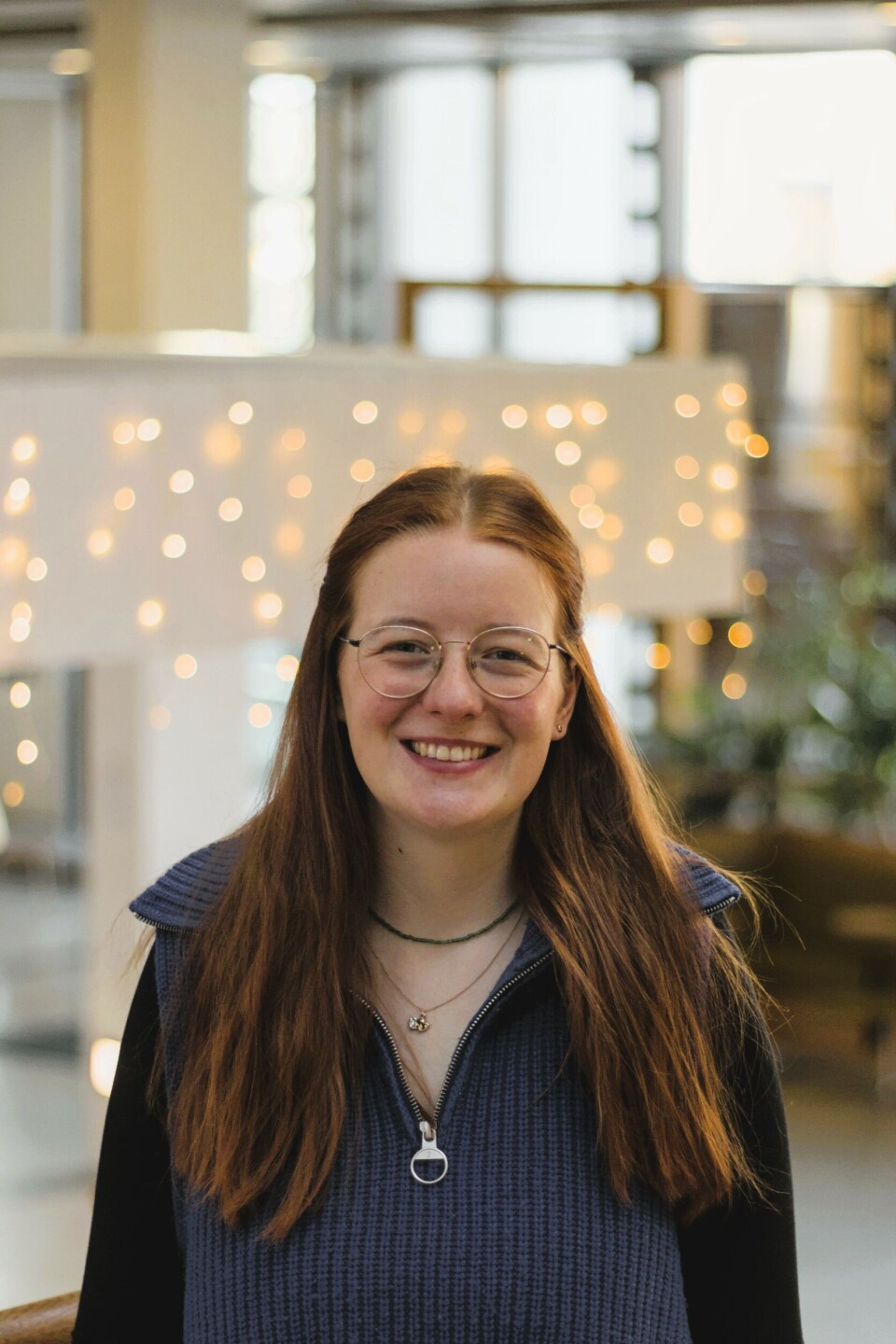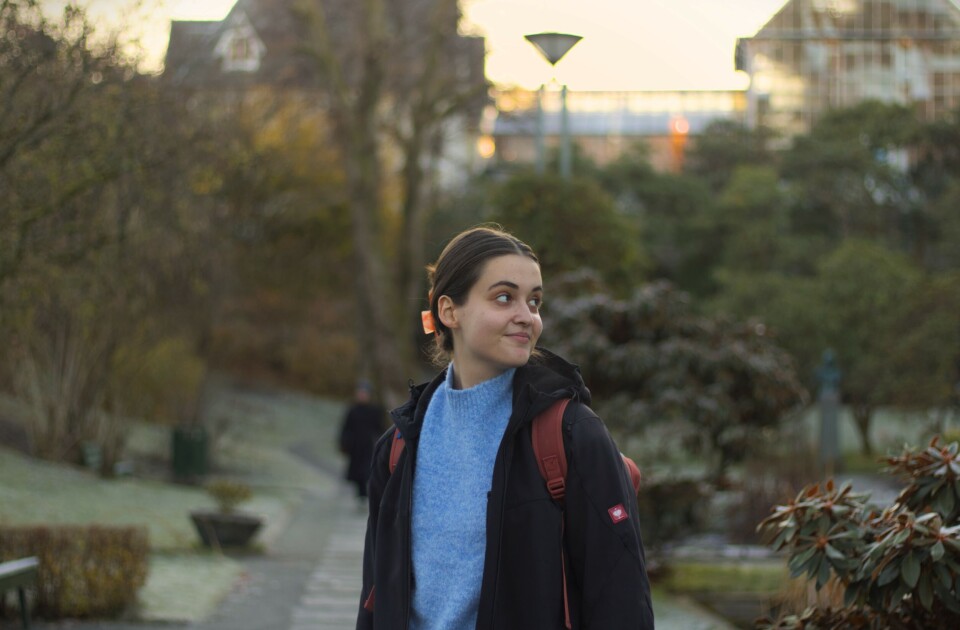When the time comes to move on
Between the change of pace, the return home and the heartbreaking goodbyes, the end of Erasmus experience is not always as easy as you might think.

The exchange semester is drawing to a close for hundreds of students in Bergen.
Soon, the experiences will be just memories. Then it’s possible to experience some form of «post-Erasmus depression», a non-scientific condition defined by the feeling of mundanity and sadness caused by returning from an exchange period abroad.
We met a student who is expecting to experience it soon, and one who has already been through it.
– Why should I live in Germany if I can live here?
The end of Erasmus can be a time when you question your future, but also whether you made the most of the experience.
Jana Wittke is finishing her semester in Bergen these days. Soon she’ll head home to Germany.
She is dreading the moment when she has to leave.
– Sometimes I feel like I should have done more, but then it depresses me even more, she says.
For Wittke, thinking about all you have accomplished for five months is the best way to struggle with your bad feelings.

She can’t wait to see her friends and family when she returns home. At the same time, she expects to be hit by nostalgia.
– So it’s both a little happy and also a little sad.
Stranger in your own home
Laura Dobberke is a two-semester exchange student in Bergen, and has previously completed an exchange semester in Toronto.
When she came back from Toronto in February 2020, the Covid lockdown has just begun, and she fell into a post-exchange depression.
– At the beginning, I was crying the entire time, Dobberke says.
Her sadness was intensified by the pandemic. The change of pace was very difficult for her, moving from an intensive to a slow lifestyle.
When Dobberke returned to her home country, she felt like a stranger to her friends and family.
– No one understood the experience I just had, and I didn’t belong here anymore, Dobberke felt.
Depending on the student, returning home can be an emotional experience, and some may feel lost at first.
After leaving Toronto, Dobberke realized that she had drifted away from her loved ones because she hadn’t kept in touch with them enough. She does not want to repeat this after her exchange in Bergen.

– Now my experience in Bergen is kind of the same as Toronto, but I deal with it very differently, she explains.
She now calls her friends regularly, once or every two weeks to feel integrated as soon as she gets home.
– When I come back, I want to be back for real immediately and not feel left out of anything, she highlights.
Turn over a new leaf
The return home can be a fresh start and a possibility to rediscover life.
– My exchange completely changed the way I wanted to go about my life, Dobberke says.
Now she is more independent, open to the world and less shy.
As for Wittke, she expects her experiences from Bergen to influence her life back in Germany.
– I think and I hope that it will change my life a little bit, she says.
On her part, Dobberke says she has found the ultimate way to handle the homesickness.
– I made a huge photo album afterwards because I had so much time during Covid and sometimes I just look through it, she says.
There is no doubt that exchange can leave you with a lifetime of memories and wonderful encounters.
– Actually, it is really cool because now I have friends all over the world, Dobberke says.
And remember: If you feel empty inside, it’s always possible to do another exchange as part of your studies.















